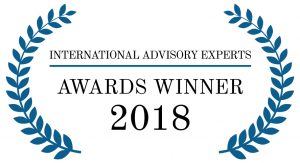The framework for the prevention of money laundering and terrorist financing activities has been strengthened with the establishment of a Beneficial Owners Register for corporate and other legal entities.
The law for the “Prevention and Suppression of Money Laundering and Terrorist Financing (Amendment) Law of 2021”, was voted yesterday by the House of Representatives.
The Ministry of Energy, Commerce and Industry welcomes the voting of the relevant Amendment Law which harmonizes and strengthens national law with the 5th European Directive (EU 2018/843, 30th May 2018), on the prevention of the use of the financial system for the purposes of money laundering or terrorist financing activities. One of the basic provisions of the Amendment Law regards the establishment, maintenance and operation of a Beneficial Owners Register for corporate and other legal entities, by the Registrar of Companies.




